Why recruiting staff with disabilities is key for Sightsavers
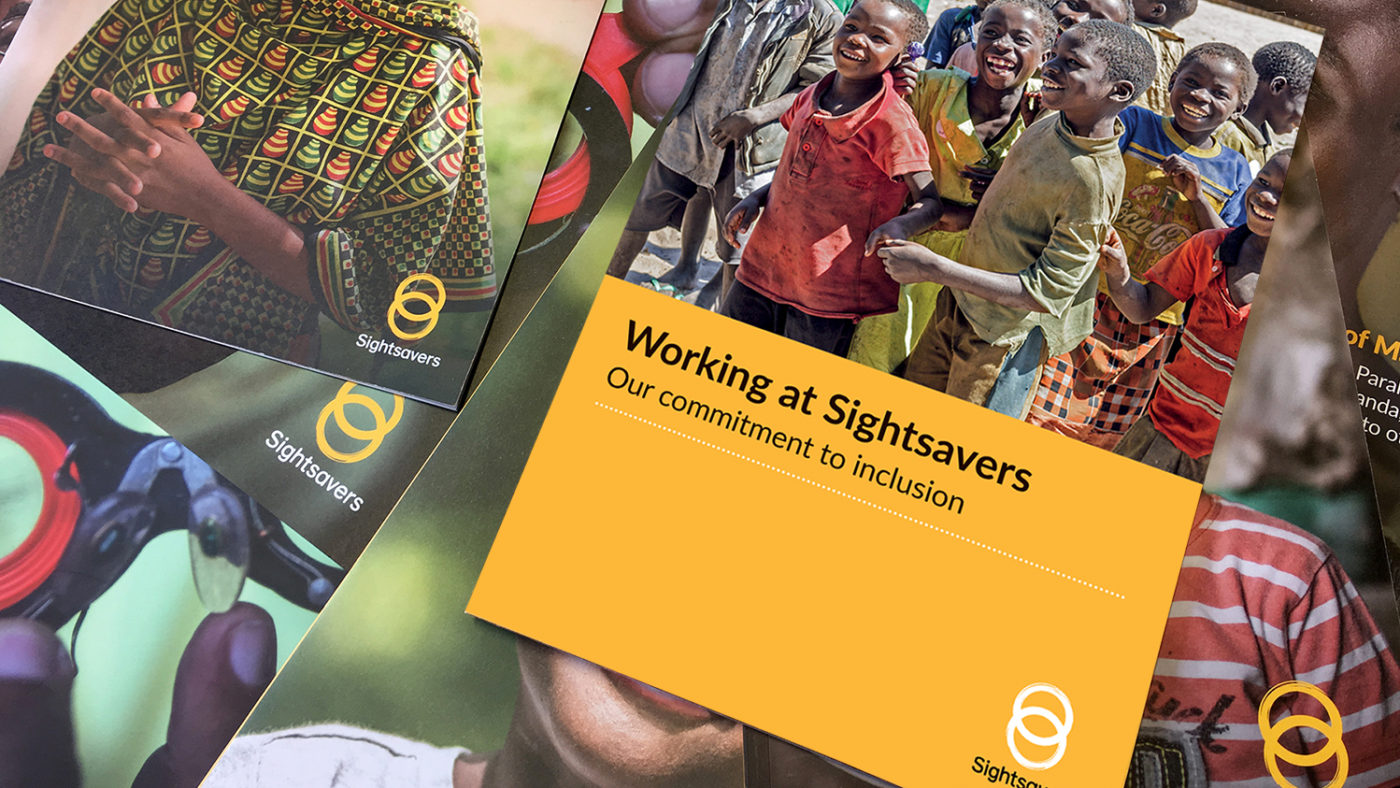
As part of its mission to promote disability rights, Sightsavers strives to be an inclusive employer that attracts diverse candidates, whatever their abilities.
In November 2018, Sightsavers CEO Caroline Harper addressed the Global Equality & Diversity Conference, saying: “I am not remotely satisfied with the number of people we have in our organisation with disabilities.” We want people with disabilities to apply for our roles, to work with us, stay with us and progress in their careers.
To achieve this, Sightsavers has been improving its approach to recruitment. We have already overhauled our application process so people can apply for roles in a variety of ways: via CV, by writing an essay application or even submitting a video. We have also introduced different interview options that can be requested by candidates, such as conducting interviews by phone, via video or in a neutral location.
Sightsavers recently hosted a stand at a local recruitment event in Haywards Heath in West Sussex, where our head office is based. The event, known as an ‘ability fair’, enabled candidates with disabilities to talk to local organisations about employment opportunities.
At the event, we met students and teachers from local colleges and discussed Sightsavers’ internship programme, which is a great stepping stone into employment at Sightsavers: it gives interns experience of working in our offices and offers a taster of what each team does. Many of our interns progress to full-time roles in a particular area of the organisation that interest them.
As someone with severe visual impairment, I was able to share my perspective of working for Sightsavers. I started out in an administrative role – opening mail and processing donations – then moved into volunteer management before becoming the disability inclusion and accessibility coordinator, which enables me to focus on disability inclusion, an area I am passionate about.
After the fair, we received an email from West Sussex Alternative Provision College in Burgess Hill, saying: “It was very interesting to hear about the work you do, particularly the internship. It was inspiring to hear about your adaptive interview process, which could aid the confidence of a number of our students.”
We hope that by attending events such as this, we will encourage more people with disabilities to consider a career at Sightsavers.
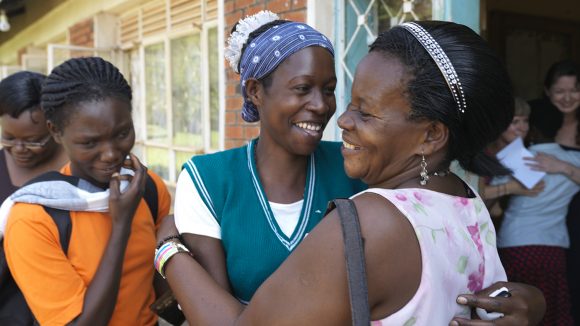
Our commitment to inclusion
Sightsavers’ Social Inclusion Working Group was established to help reach our goal of diversity in the workplace.
About the groupAuthor
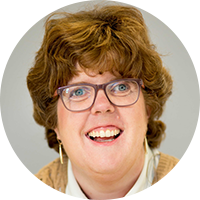 Kate Bennell is the organisational inclusion coordinator at Sightsavers UK. Severely sight impaired herself, she coordinates the Disability Inclusion Working Group and champions accessibility.
Kate Bennell is the organisational inclusion coordinator at Sightsavers UK. Severely sight impaired herself, she coordinates the Disability Inclusion Working Group and champions accessibility.
LinkedIn
Read about Sightsavers’ commitment to inclusion
Social Inclusion Working GroupMore from the
Social Inclusion Working Group
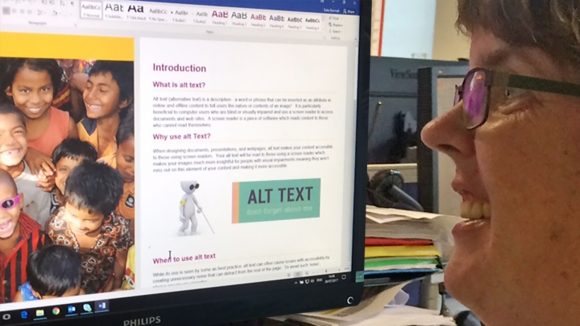
How to support people with hydrocephalus at work
Sightsavers’ Kate Bennell shares her experience of living with hydrocephalus and explains how employers can support colleagues with the condition.
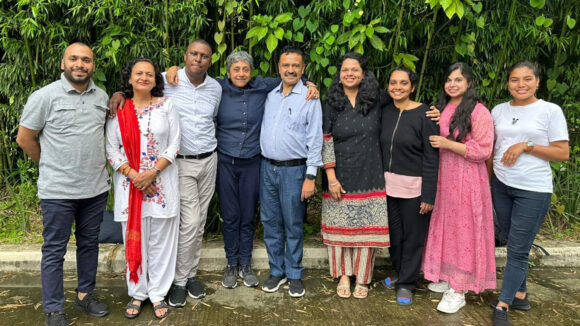
How people with psychosocial disabilities can claim their rights
Sightsavers’ Kate Bennell reflects on a recent talk led by Transforming Communities for Inclusion about psychosocial disabilities.
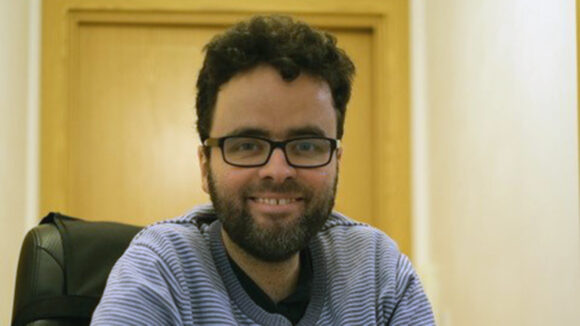
“My aim is to make the world a better place for disabled people”
Sightsavers’ Kate Bennell talks to Peter Fremlin, curator and author of the Disability Debrief, about the online newsletter which provides a disability lens on world news.